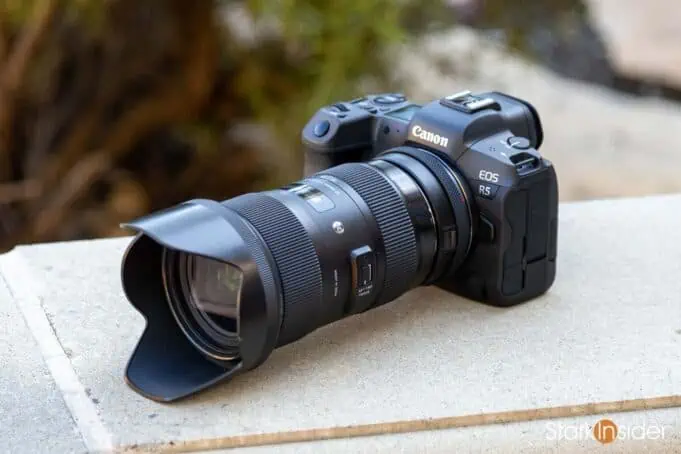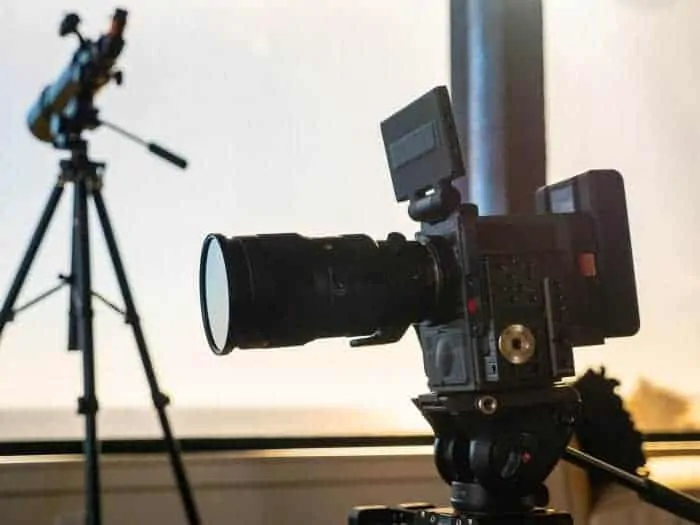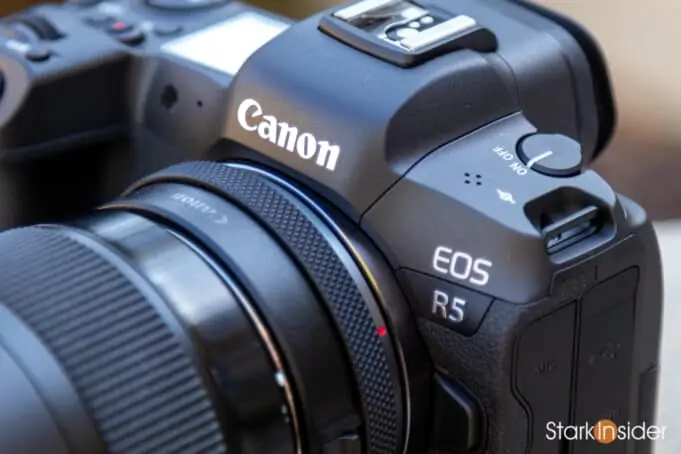Now that 2024 is quickly approaching the final quarter, it’s a good time to take stock of the digital camera market share. Where do things stand as of September?
Per PetaPixel, the top five camera players look like this, in order of share:
- Canon 46.5%
- Sony 27.9%
- Nikon 11.3%
- Fujifilm 6.0%
- Panasonic 3.6%
As noted in the article these numbers do not source directly from the companies themselves. Rather, they are published by a third party consulting firm called Techno Systems Research. So while these might not be absolutely accurate, I suspect they give us and anyone who follows this space a pretty reasonable idea of where market share numbers stand.
Canon Dominates

Maybe not much of a surprise, but Canon continues to lead the pack… by a wide margin.
At 46.5% share, Canon sales are almost 20% higher than the next player, which would be Sony and its prolific Alpha camera line-up.
And even Sony outpaces the next three companies combined. This is, indeed, a concentrated market with the top two manufacturers — Canon and Sony — accounting for some 74% of the overall market for digital cameras.
But Is Everyone Hurting?
However, the elephant in the room is of course: the phone camera.
Most notably the Apple iPhone. CEO Tim Cook and team continue to pour more R&D and market budget into making the iPhone camera the marquee conversation piece of any new product update. Shot on iPhone!
And since our phones are pretty much eternally connected to the internet they make for convenient social media tools, able to post here and there in a jiffy. Plus, with more advanced filmmaking capabilities, many why ask: why bother carrying around a dedicated digital camera, be it one made by Canon or Sony or anybody else?

No doubt, for hardcore and professional productions and environments, purpose-built digital cameras (with high-res sensors and flexible interchangeable lens mounts) and cinema cameras will be absolutely required for their litany of advanced features targeting pros. For the casual users, though, phone cameras are likely plenty fine.
My guestimate is that we will continue to see consolidation. Look at Nikon’s recent acquisition of RED Digital Camera, for instance. That’s an interesting marriage of a traditional and iconic Japanese brand (Nikon) with an up-start American indie start-up (RED) which could pave the way for interesting developments. Are more such combinations to follow? In a shrinking market it would seem inevitable.


